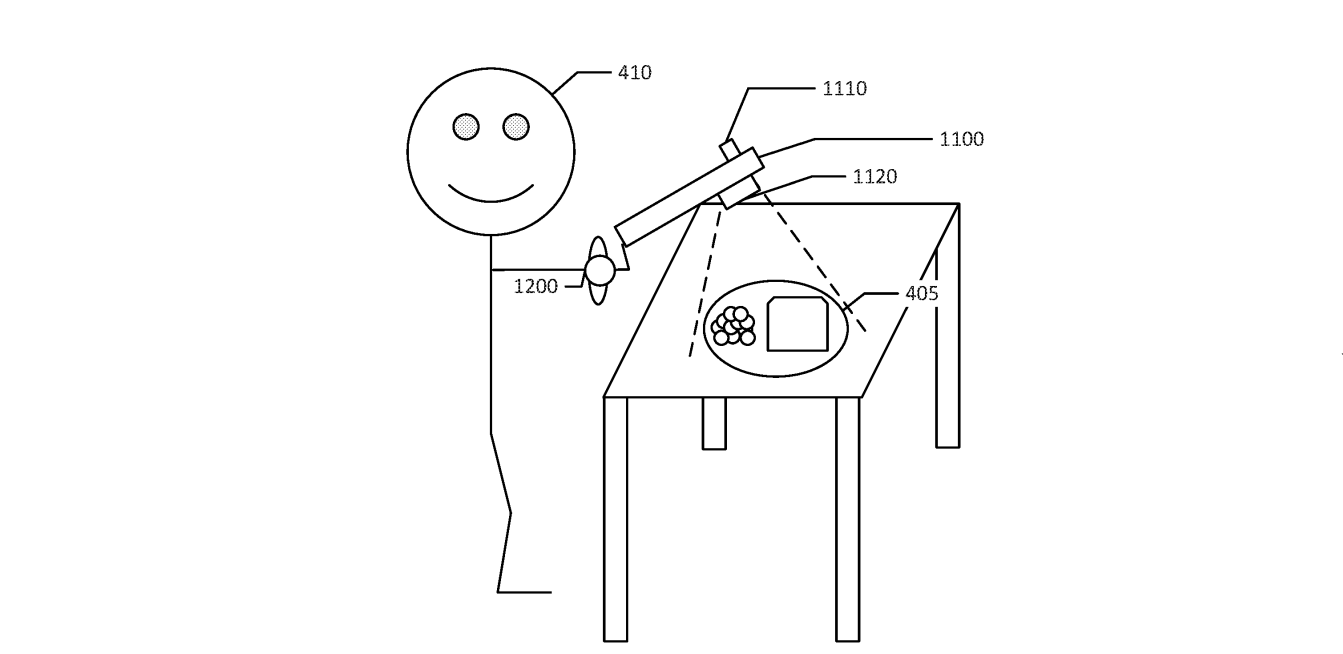
They say an apple a day keeps the doctor away – and Cupertino's finest are hoping the apple in question is your iPhone in future years. That's according to a recent patent filed by the company, called an "Augmented Reality Calorie Counter".
According to the patent, the system would allow your phone to recognise the sound of chewing and prompt you to take a photo of your food, with your iPhone camera. A process of image recognition would then determine what the food was and tally up the calories eaten.
The patent even suggests that length of chewing time could be registered, to consider how well digested the food in question is. A flowchart for the process suggests that the image of the food and the length of chewing time would allow the system to determine a volume of consumed food, and register a blood glucose level for the change.
Frankly, it sounds like something straight out of a dystopian nightmare. Before we even tackle the ethical and moral considerations, the idea of picking up a snack and being prompted to snap a picture for your iPhone's AR brain to do some maths on is undeniably bizarre. Forget snapping a picture of that meal for Instagram, this one's for Apple Health...
It's not hard to think of a scenario where this could be useful, though. I can see this being a nicely integrated solution for fitness freaks who want to track every morsel as they train for their goals. Likewise, there would surely be the potential for this to be used in tracking sugar levels for diabetics, or even warning of potential allergies in a meal.
But arguably the biggest stumbling block for this technology has to come from a point of ethics. Because for anyone who suffers with an eating disorder, the additional pressure could have all kinds of unnecessary negative repercussions.
I'm certain there would be an opt-in required to use it – that's if it ever makes it into the consumer world. But even so, it seems like an unwarranted invasion of privacy.
Get all the latest news, reviews, deals and buying guides on gorgeous tech, home and active products from the T3 experts
To quote Jurassic Park, "your scientists were so preoccupied with whether or not they could, they didn't stop to think if they should."

Sam is an award-winning journalist with over six years of experience across print and digital media. As T3’s Senior Staff Writer, Sam covers everything from new phones and EVs to luxury watches and fragrances. Working across a range of different social media platforms alongside his written work, Sam is a familiar face for fans of T3. When he’s not reviewing snazzy products or hunting for stellar deals, Sam enjoys football, analog photography and writing music.
